Nuclear Warning
As the Ukraine crisis deepens, Russian President Vladimir Putin’s explicit nuclear warning has sent shockwaves through the global geopolitical landscape.
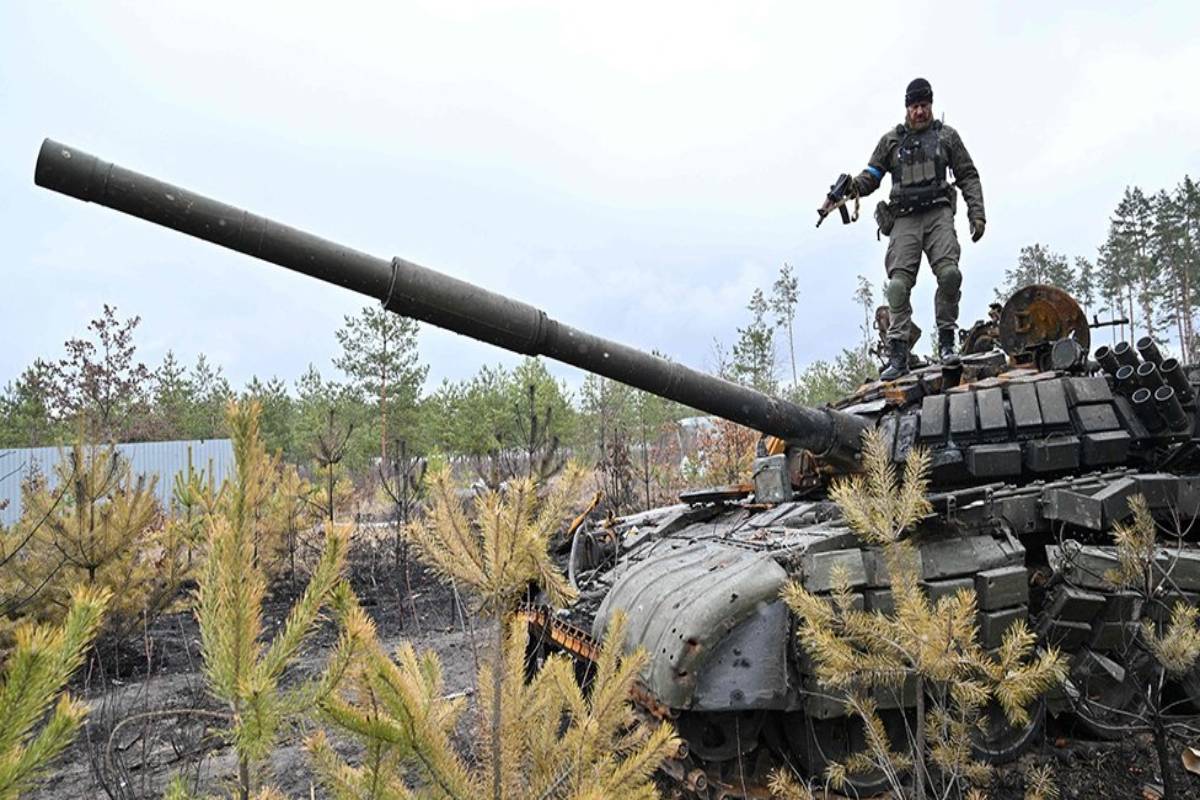
As the Ukraine crisis deepens, Russian President Vladimir Putin’s explicit nuclear warning has sent shockwaves through the global geopolitical landscape.
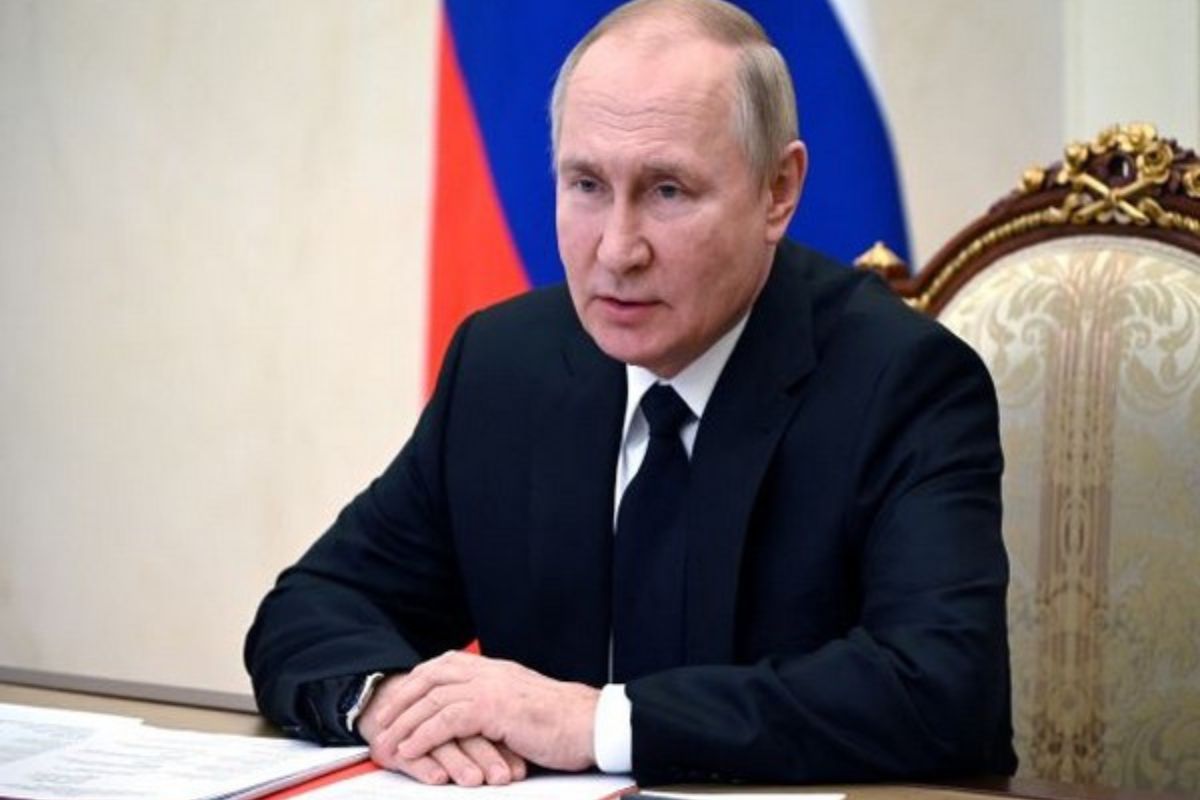
Russian President Vladimir Putin has signed a law that authorizes the government to temporarily reduce or fully eliminate export duties of certain goods to "friendly countries".
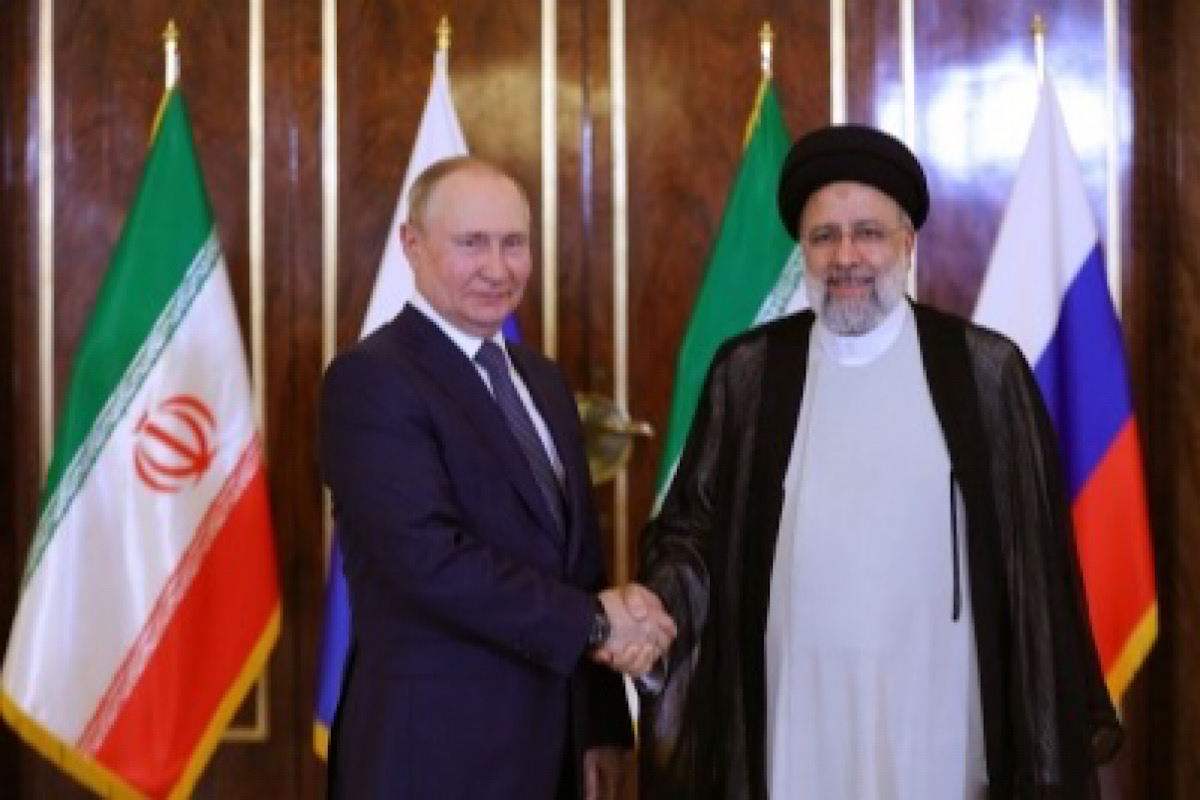
Iranian President Ebrahim Raisi has stressed that "the ground is prepared" for taking more effective steps to expand cooperation between Iran and Russia in line with the interests of both sides.
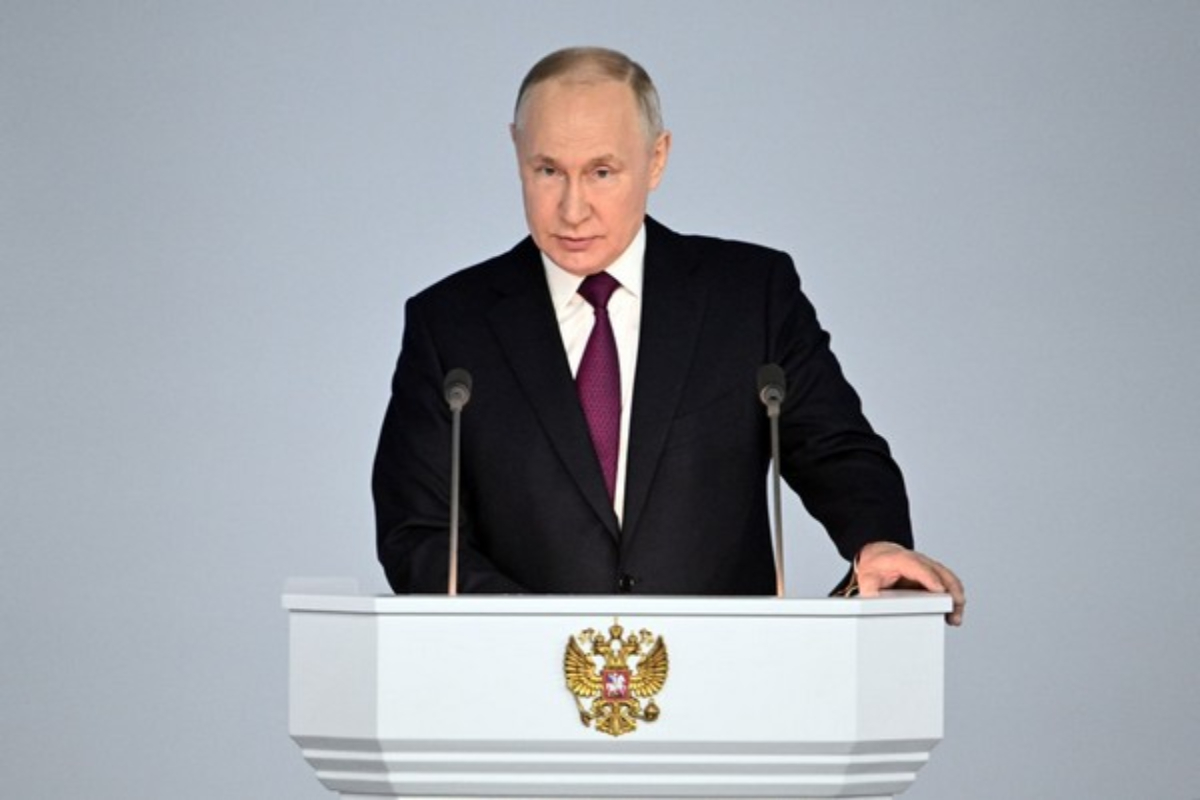
Russian President Vladimir Putin has signed a decree, extending a previous ban on the import and export of certain Russian raw materials and goods until 2025, according to a document published on the country's official legal information portal.
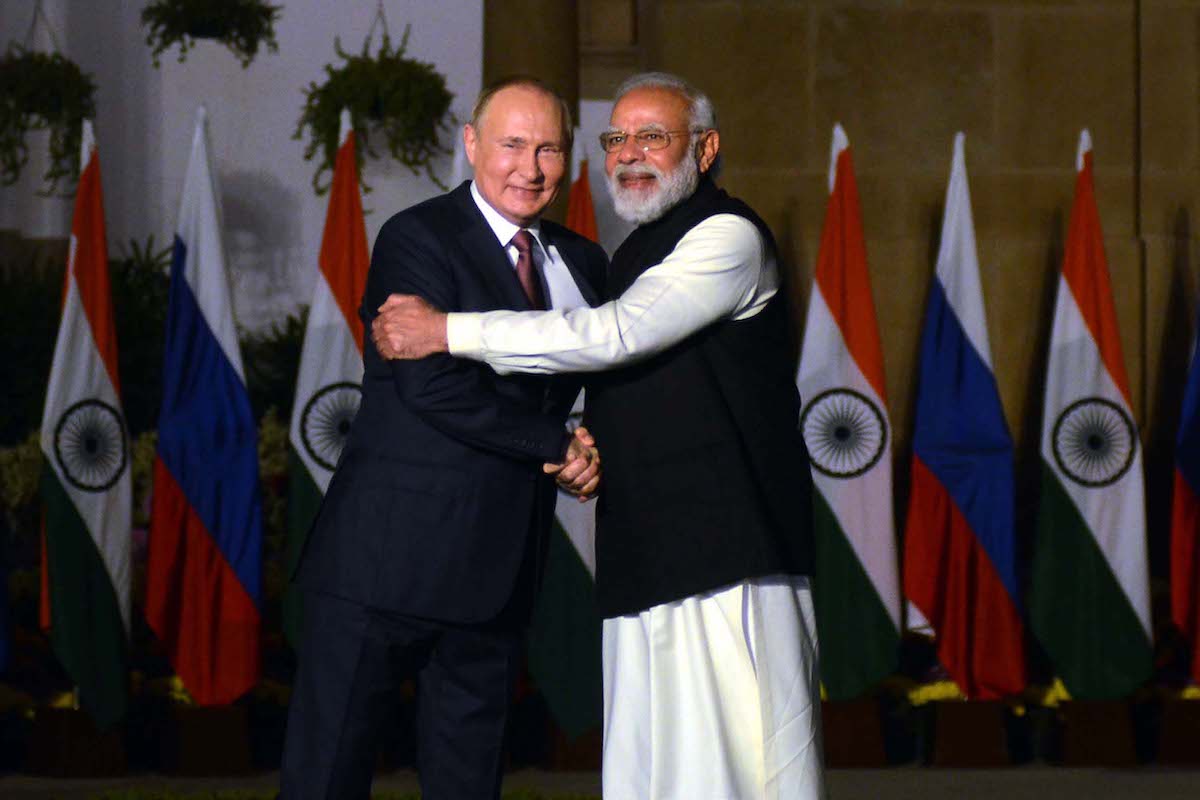
Prime Minister Narendra Modi held a telephonic conversation with Russian President Vladimir Putin and discussed issues of bilateral cooperation including Shanghai Cooperation Organisation (SCO) and G20.
Putin instructed Dmitry Medvedev's outgoing government to continue its duties until a new Cabinet was formed.
Addressing to the legislature, he said a nationwide referendum should be held on these proposals, which will weaken the power of the Presidency, the post he holds till 2024.
Al-Sarraj's Tripoli-based government receives the economic and political backing of the European Union and military support from Turkey, Qatar and Italy while Hafter is backed by Saudi Arabia, Egypt, the UAE and Russia.
"We certainly could not ignore the issue of preserving the JCPOA on Iran's nuclear programme, which is vitally important not only for the region but also for the whole world," he said.
Lavrov further said that the two leaders, following their talks in Istanbul, stressed the importance of participation of all parties in Libya and its neighbouring countries.